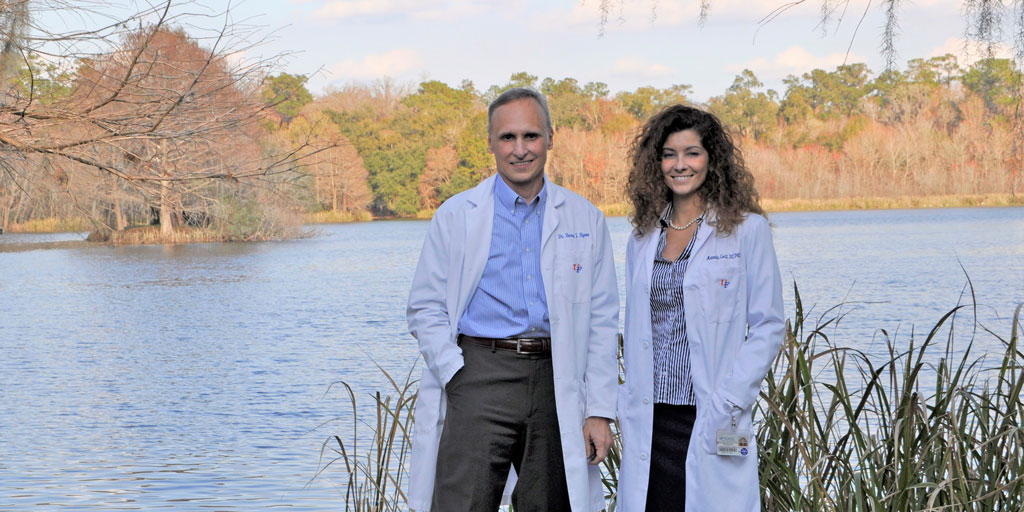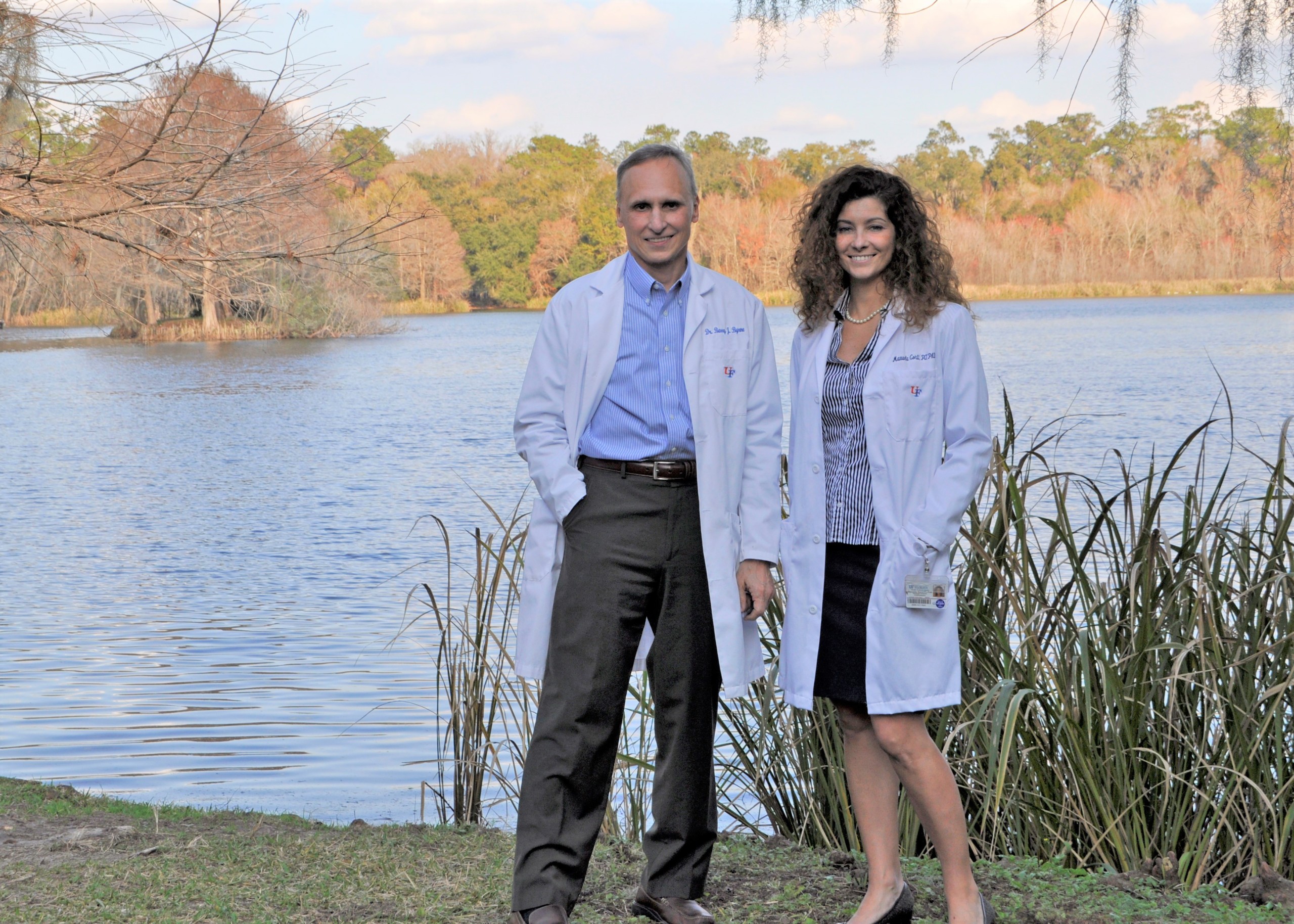
MDA Awards More Than $1 Million in Venture Philanthropy Funding to AavantiBio to Develop Gene-Targeting Therapy for Friedreich’s Ataxia
By Jeanene Swanson | Monday, January 13, 2020
AavantiBio, a biotechnology company developing a gene-targeting therapy for Friedreich’s ataxia (FA), was awarded MDA Venture Philanthropy (MVP) funding totaling $1,076,232 to advance AavantiBio’s phase 2 clinical trial of a gene-replacement therapy for the disease.

MVP is MDA’s drug development program, which is exclusively focused on funding the discovery and clinical application of treatments and cures for neuromuscular disorders. MVP evaluates and makes targeted investments in for-profit and not-for-profit companies and academics developing therapeutics.
FA is an inherited mitochondrial disease in which mutations in the frataxin gene (FXN) lead to decreased production of the frataxin protein, resulting in diminished energy production in cells, including those of the nervous system and heart. There currently are no effective cures or treatments. AavantiBio was founded with the aim of developing an effective treatment for FA and improving the lives of FA patients.
“With the approval of several first-time gene-targeting therapies for neuromuscular diseases over the past several years, including the first-ever gene-replacement therapy for spinal muscular atrophy, our community should have much to hope for as more and more therapies continue to be developed,” says Lynn O’Connor Vos, MDA’s president and CEO. “MDA is thrilled to be a part of the quest to help further develop the first gene-targeting therapy for the treatment of Friedreich’s ataxia. By partnering with AavantiBio, together we can address the unmet need faced by patients who live with this genetic disease, for which there are still no treatments and no cures.”
Co-founders Manuela Corti, PT, PhD, assistant professor of Pediatrics at the University of Florida, Gainesville, and Barry Byrne, MD, PhD, associate chair of Pediatrics and director of the Powell Gene Therapy Center at UF, started working with the FA community five years ago and are thrilled about their new partnership with MDA.
“This is a great opportunity for AavantiBio, and we’re thankful to the MDA for their generous contribution,” Dr. Corti says. “We hope to strengthen our collaboration as we work together on this project.”
Dr. Corti and Dr. Byrne aim to include both adults and children who have FA in their clinical trials, paving the way for new solutions. MDA’s investment will help accelerate AavantiBio’s mission and begin production of the clinical gene vector for its therapy program. Clinical trials are expected to begin in 2020.
“We’re delighted to take the next step in fulfilling our commitment to patients and families living with FA based on this investment from MDA,” Dr. Byrne says. “We’re looking forward to initiating screening for the first clinical study and a pivotal study in FA before the end of the year. The endorsement and investment from the MDA will be key to our programmatic growth.”
Dr. Corti was previously awarded an MDA research grant to develop and test a gene-replacement therapy in a mouse model of FA. With the current funding, AavantiBio will sponsor a study at the University of Florida led by Sub Subramony, MD, professor of Neurology. The clinical trial will assess changes in neurological and cardiac function in patients with FA treated with both intravenous (systemic) and intrathecal (into-the-spine) injections of the company’s gene-replacement therapy for the mutated FXN gene.
About AavantiBio
Founded in 2017 and based in Gainesville, Fla., AavantiBio is a biotechnology company founded on the vision of creating the first effective treatment for FA. The company’s gene-replacement therapy approach uses an adeno-associated virus (AAV) vector to deliver a functional copy of the FXN gene to a patient’s cells.
The co-founders bring more than 30 years of research experience in the field of neuromuscular disease, including their current work focusing on FA. Dr. Corti has more than 10 years of research experience in gene therapy approaches for the treatment of Duchenne muscular dystrophy and Pompe disease. Dr. Byrne has made significant contributions to the understanding and treatment of Pompe disease. He was previously awarded nearly $2 million in MDA funding to conduct foundational research in developing and testing AAV vectors in animal models of muscular dystrophy, and he was the first to show that AAV vectors are able to effectively express therapeutic genes in striated muscle cells.
Disclaimer: No content on this site should ever be used as a substitute for direct medical advice from your doctor or other qualified clinician.




